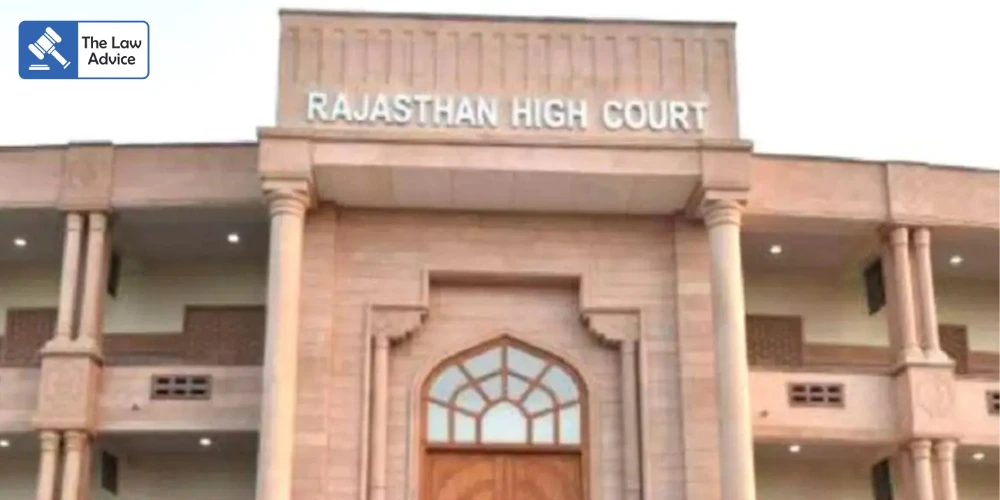In a significant ruling safeguarding the rights of charitable institutions, the Rajasthan High Court has set aside the order of the Income Tax Department which had rejected a public charitable trust’s plea for condonation of a 700-day delay in filing its mandatory audit report in Form 10-B under the Income Tax Act, 1961.
A Division Bench comprising Justice K.R. Shriram and Justice Sandeep Taneja observed that the authorities had adopted an unnecessarily rigid approach by denying condonation when the facts of the case clearly showed bona fide reasons for the delay. The Court emphasized that when a charitable trust otherwise fulfills all conditions for exemption under the Act, the claim should not be defeated merely on the technical ground of limitation, especially when the statute itself empowers the authority to condone delays.
The petitioner, Manav Seva Samiti, is a registered public charitable trust engaged in welfare activities. For the Assessment Year 2018–19, the trust was required to file its audit report in Form 10-B within the stipulated time. However, due to unforeseen circumstances, the report was uploaded after a delay of nearly two years (700 days).
The delay, as explained by the trust, was directly linked to the ill health of its President, who suffered a severe brain stroke. This medical emergency disrupted the accounting and administrative process of the organization, causing a substantial delay in finalizing and filing the audit report.
When the trust sought condonation under Section 119 of the Income Tax Act, the Income Tax Department rejected the application. The reasoning provided was that the absence or illness of the President could not justify the delay, as the Vice-President or other office bearers could have taken responsibility for compliance.
The authority thus concluded that the reasons furnished were not “sufficient cause” for condonation and treated the explanation as lacking bona fides.
The High Court strongly disagreed with this approach. While allowing the petition, it made the following critical observations:
• No Mala Fide Intention Alleged: The Court noted that nowhere in the impugned order was there any allegation of mala fide or deliberate delay on part of the trust.
• Nature of the Trust: The fact that the petitioner was a charitable trust carrying out genuine welfare activities was undisputed.
• Principle of Equity: Courts have consistently held that in cases of delay, especially concerning charitable organizations, the approach should be “equitable, balancing, and judicious.”
• Absence of Benefit in Delay: The Bench remarked that there was no conceivable reason why a trust entitled to claim exemption would intentionally delay uploading mandatory documents, thereby risking denial of exemption.
The Bench went on to say:
“Looking at the charitable activities itself, in our view, delay condonation application should have been allowed. It does not appear that the assessee petitioner was lethargic or lacked bona fide in making claim beyond the period of limitation.”
Setting aside the rejection order, the High Court allowed the petition and directed that the delay in filing Form 10-B be condoned. The Court’s ruling underscores that procedural technicalities should not override substantive justice when genuine charitable activities and bona fide explanations are involved.
Case Details
• Case Title: Manav Seva Samiti v. Principal Chief Commissioner of Income Tax
• Court: Rajasthan High Court
• Bench: Justice K.R. Shriram & Justice Sandeep Taneja
• Provision Involved: Section 119, Income Tax Act, 1961
• Issue: Condonation of 700-day delay in filing Form 10-B
